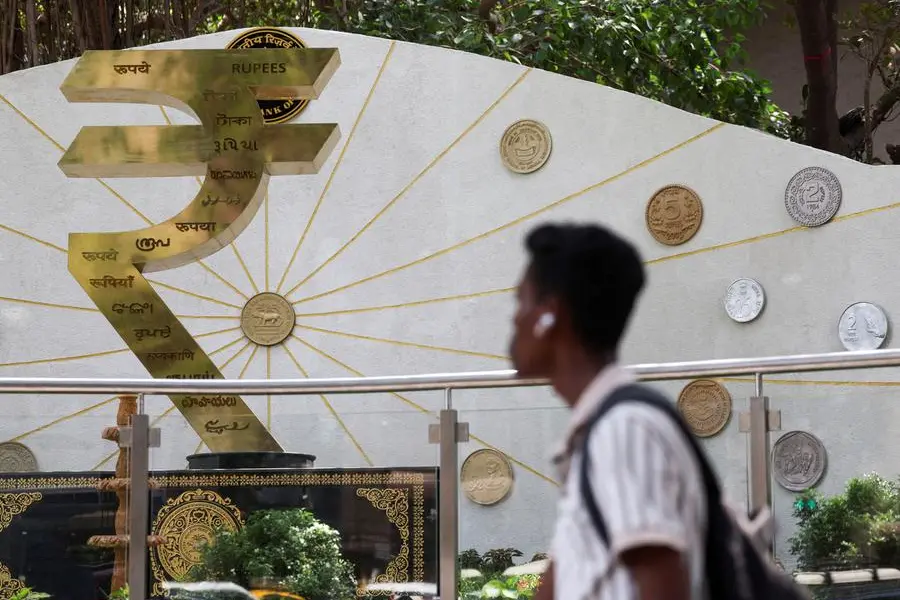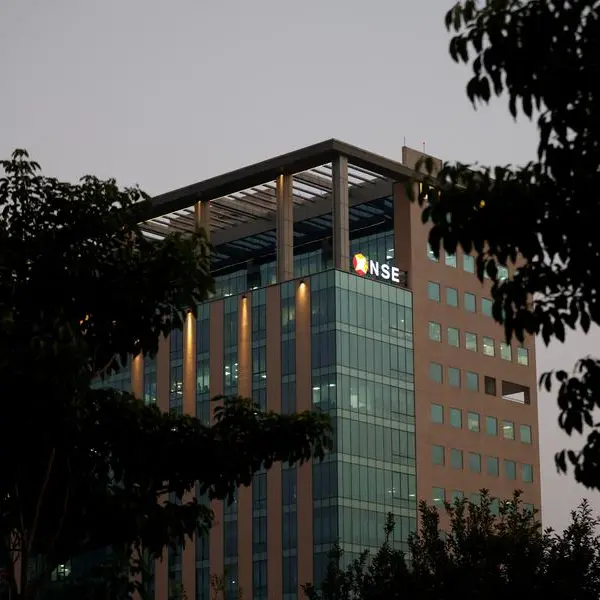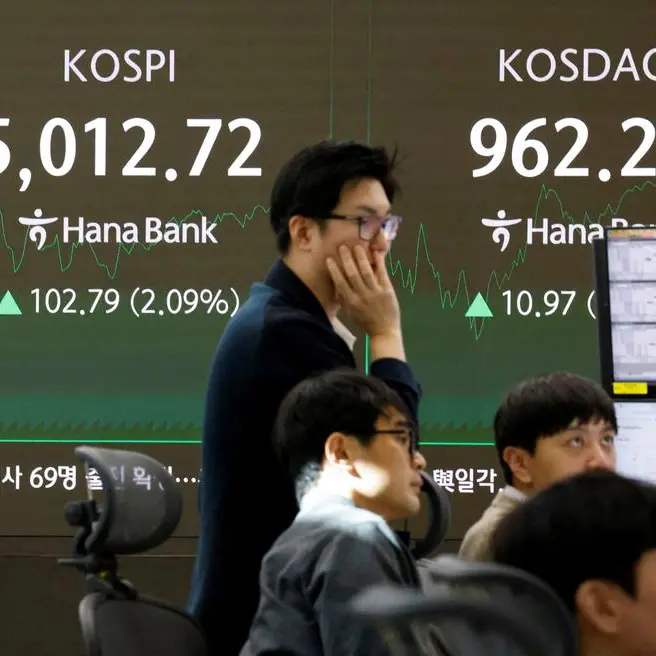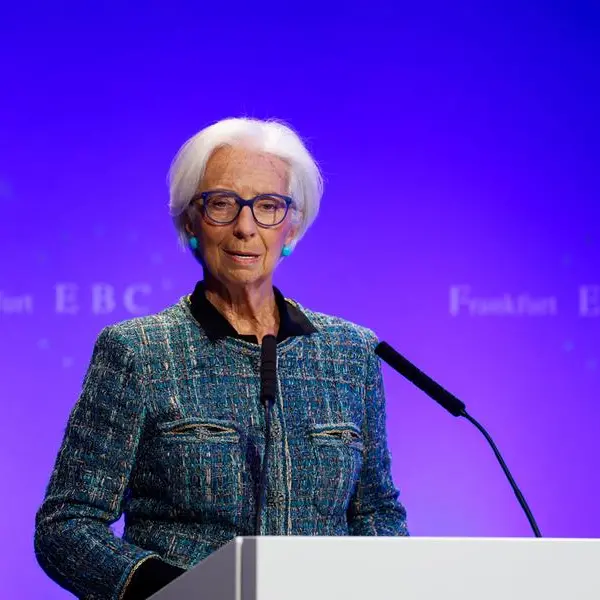PHOTO
MUMBAI - The Reserve Bank of India's increased tolerance for rupee volatility is prompting companies to more actively manage forex risks, enhancing the economy's resilience to global shocks.
Since RBI Governor Sanjay Malhotra assumed office in December, the rupee's daily trading ranges have nearly tripled and a key volatility indicator has doubled, reflecting the central bank's reduced intervention in forex markets.
The central bank is comfortable allowing the rupee to move in line with Asian peers, stepping in only to curb excessive volatility, said four sources familiar with the central bank's thinking and treasury heads at large banks.
The RBI did not immediately respond to an email seeking comment.
The central bank's less interventionist stance has effected a notable pick-up in currency hedging by corporates. In turn, this contributes to a more stable financial system, according to former RBI chief Duvvuri Subbarao.
In the past six months, the rupee has fluctuated between 83.77 and 87.95 per dollar, prompting companies to ramp up hedging and move away from complex derivatives that carry higher risk in volatile markets.
"Overall, appreciation for forex risk and hence hedging is much higher among clients than it was last year," B. Prasanna, treasury head at India's third-largest lender ICICI Bank, said.
One-month implied volatility, which hovered below 2% for much of 2024, has more than doubled, reflecting the shift in market dynamics.
Data from clearing house CCIL shows companies have responded to a rise in volatility. Between December and May, the total currency hedges taken by exporters and importers via forwards were higher than any six-month rolling period since 2020.
"If companies hedge adequately, they are protecting themselves against currency fluctuations and minimising the chances of systemic pressure," said Subbarao, who served as RBI governor from September 2008 to September 2013.
This financial stability will have implications for economic growth, he said.
Subbarao pointed out that excessive interventions by the central bank could reduce the incentive to hedge, creating a moral hazard as companies outsource risk management to the central bank.
He noted that inadequate corporate hedging had exacerbated pressures during the 2008 global financial crisis and the 2013 Federal Reserve "taper tantrum".
Small and mid-sized businesses have especially stepped up hedging activity, treasury officials and forex consultants said. These firms try to save costs by avoiding hedging in times when the currency is stable.
"RBI's change in approach has prompted an increase in our hedge ratios over the last few months," said Abhijeet Bhushan, treasurer at diamond company Hari Krishna Exports. The Mumbai-based company has annual forex exposure of about $600 million.
"With the rupee moving in wider bands and the central bank adopting a less interventionist stance, we can't afford to stay under hedged to the extent we used to."
Bhushan said the company is using the rupee's increased two-way swings to hedge opportunistically, at times covering up to 90% of its confirmed exposure. In the past three years, hedging levels would typically not exceed 60–70%.
Company executives at half a dozen small businesses Reuters spoke to said that planning for forex risk had become imperative as even small changes in exchange rates could materially affect earnings.
A senior executive at a mid-sized auto parts firm said the company had become more active in hedging during periods of rupee depreciation. That was in contrast to last year's approach, when consistent RBI intervention allowed for a more relaxed strategy, the executive, who declined to be identified as they are not authorised to speak to media, said.
The executive added that other firms in the industry too had adopted a more hands-on stance toward managing currency risk.
Heightened volatility has also lessened demand for exotic derivatives.
Abhishek Goenka, CEO at forex advisory IFA Global which advises around 900 clients, said companies had reduced exotic options and were doing less of structures such as forward extras, enhanced collars and target redemption forwards.
On hedging, he said that "overall hedge ratios have gone up among importers, whereas exporters have changed the composition of their hedge portfolio."
(Reporting by Nimesh Vora and Jaspreet Kalra; Editing by Jacqueline Wong)





















